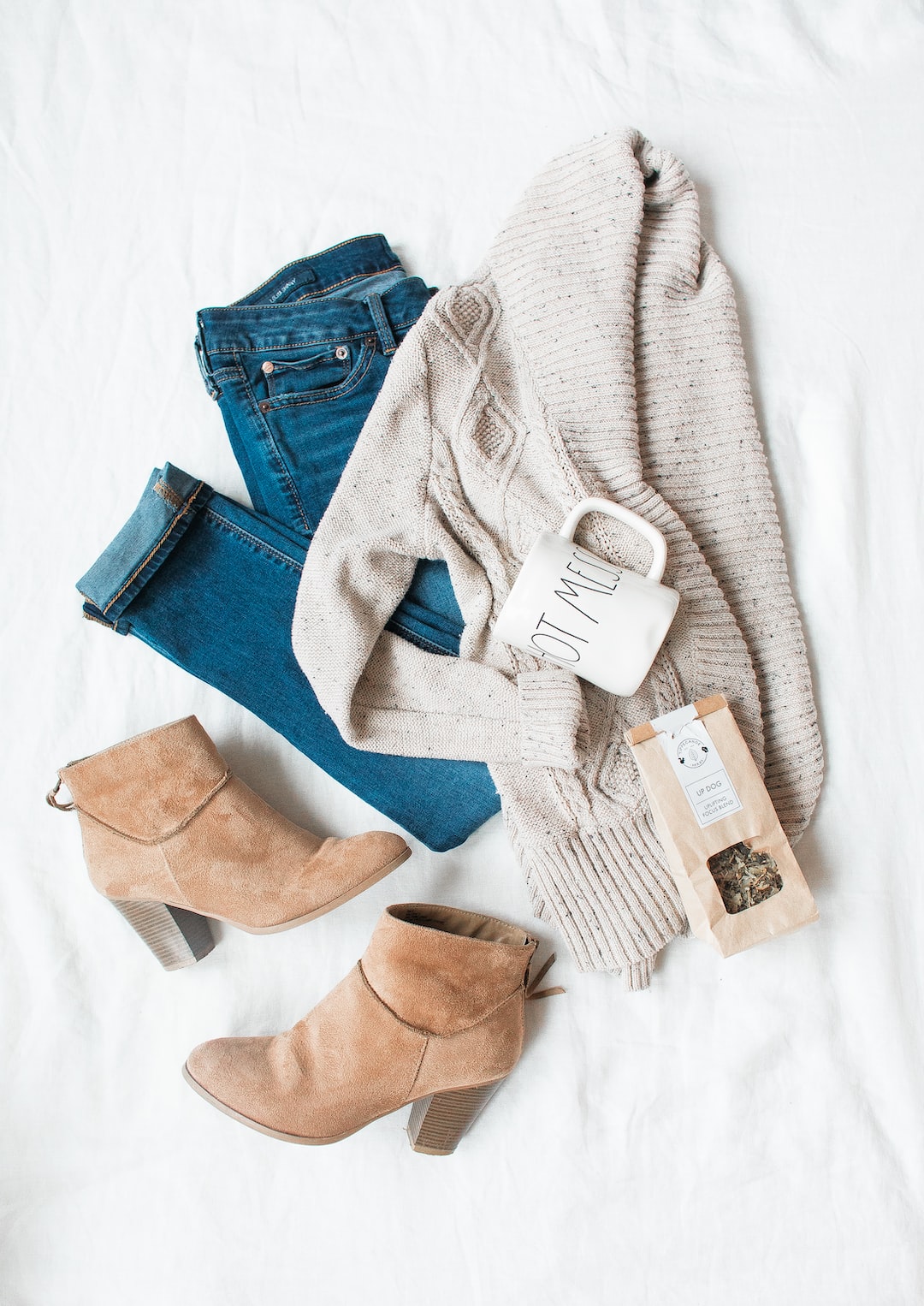The Growing Popularity of Sustainable Fashion in the Luxury Market
In recent years, the fashion industry has witnessed a remarkable shift towards sustainability. An increasing number of luxury brands are embracing eco-friendly practices and incorporating sustainable materials into their collections. This growing popularity of sustainable fashion in the luxury market is not only a response to rising consumer demand for ethical and environmentally-conscious products, but also an acknowledgement of the pressing need to reduce the industry’s negative impact on the planet.
One of the key reasons behind the rise of sustainable fashion in the luxury market is consumers’ growing awareness of the environmental and social issues associated with the fashion industry. Traditional fashion practices are notorious for their excessive waste, pollution, and exploitation of labor. From the heavy use of toxic chemicals in fabric production to the high carbon emissions generated by global supply chains, the negative impact of fast fashion is undeniable. As consumers become increasingly informed about these issues, they are seeking alternatives that align with their values. Luxury brands are now recognizing this shift and redefining their approach to fashion.
Sustainability in luxury fashion is multifaceted. It involves everything from the use of organic and recycled materials to ethical labor practices and reduction of carbon emissions. Luxury brands are investing in new technologies and innovative manufacturing processes to create high-quality products that minimize their ecological footprint. They are also embracing transparency, providing consumers with information about the origins of their materials, production methods, and efforts to reduce waste. This commitment to sustainability is not only good for the environment but also a key marketing strategy that appeals to conscious consumers who are willing to pay a premium for ethically-produced goods.
Another driver behind the growth of sustainable fashion in the luxury market is the influence of influential figures and celebrities. Many high-profile individuals are championing sustainability, using their platforms to promote eco-friendly fashion choices. Celebrities like Emma Watson and Leonardo DiCaprio, who are known for their activism and environmental advocacy, have collaborated with luxury brands to launch sustainable fashion lines. Their involvement not only raises awareness but also legitimizes sustainable fashion, making it more aspirational and desirable for consumers.
The increasing popularity of sustainable fashion in the luxury market has also been bolstered by advancements in fashion technology. Innovations such as 3D printing, upcycling, and zero-waste pattern cutting are revolutionizing the industry, enabling designers to create unique and sustainable pieces that were previously unimaginable. Luxury brands are utilizing these technologies to showcase their commitment to sustainability and to differentiate themselves from their competitors. This combination of sustainable practices and cutting-edge technology enhances the perceived value of their products while appealing to environmentally-conscious consumers.
Moreover, the COVID-19 pandemic has accelerated the growth of sustainable fashion. The crisis brought into sharp focus the vulnerabilities and fragilities of global supply chains. Luxury brands faced disruptions in their production and distribution networks, highlighting the need for more resilient and localized fashion systems. This has led to an increased focus on ethical manufacturing, shorter supply chains, and a greater emphasis on local sourcing. Consumers, in turn, have become more conscious of the importance of supporting local businesses and minimizing their carbon footprint. Sustainable fashion, with its emphasis on local production and responsible sourcing, aligns perfectly with these changing attitudes.
While the growing popularity of sustainable fashion in the luxury market is undeniably positive, there are still challenges ahead. The luxury sector has long been associated with exclusivity and excess, which can clash with the principles of sustainability. Striking a balance between luxury and sustainability can be tricky. However, many luxury brands are rising to the challenge by redefining what luxury means in the 21st century. They are positioning sustainability as the ultimate luxury, where premium craftsmanship and ethical production converge, creating a new standard for luxury fashion that is both desirable and responsible.
In conclusion, the growing popularity of sustainable fashion in the luxury market is a response to shifting consumer values, technological advancements, and the need for a more environmentally and socially conscious industry. Luxury brands are redefining their approach to fashion by adopting sustainable practices and embracing transparency. Influential figures and celebrities are also playing a crucial role in promoting sustainable fashion, making it more accessible and aspirational. As the world continues to prioritize sustainability, luxury fashion is evolving to meet the demands of conscious consumers, presenting a new and exciting chapter for the industry.
